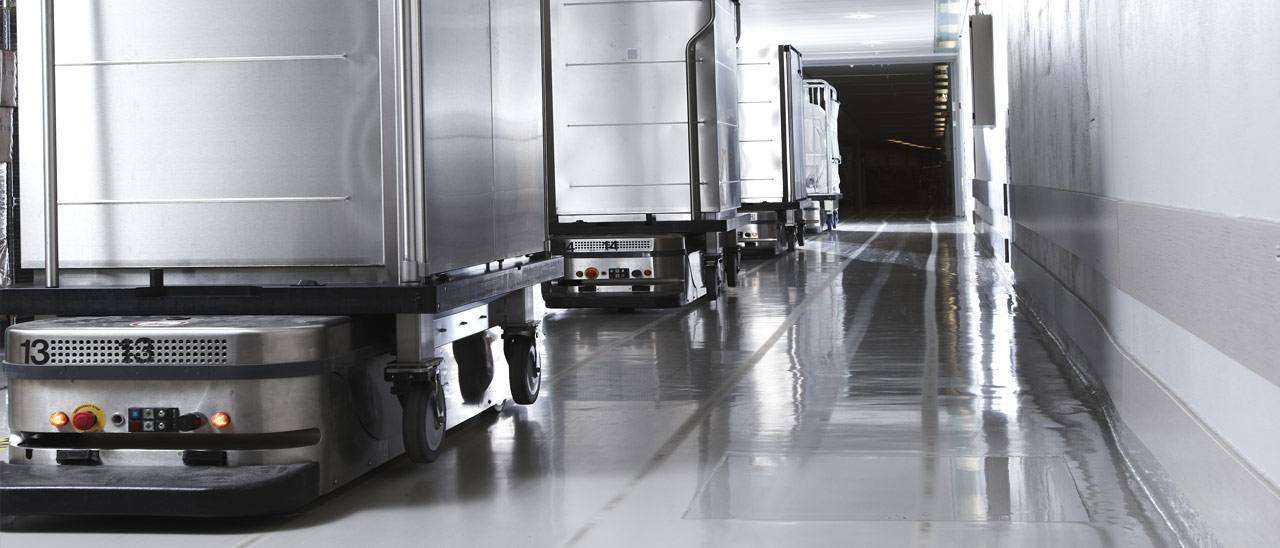Due to demographic changes and the increasing multimorbidity of the population, the healthcare system is confronted with more and more sick patients. At the same time, the number of medical professionals, especially nurses, is declining, adding to the existing strain on the healthcare system.
The Hospital Future Act aims to address this problem by digitizing hospital structures. However, the implementation of the law is often associated with high costs and an increased workload for specialist staff. Outdated processes, missing interfaces and shortcomings in the existing healthcare infrastructure make implementation difficult. The efficient integration of innovative and assistive technologies thus fails in the healthcare system itself. In order to integrate assistive technology systems effectively and efficiently, the technologies must be adapted to the existing conditions of hospitals.
The goal of the TUM4HealthTech research project is to optimize and relieve existing processes in the inpatient clinical area through the comprehensive integration of innovative technologies. The project aims to analyze and improve the interface between humans and technology and to provide the necessary infrastructural and procedural prerequisites. In addition to the integration of robotic and digital assistance systems, this will be achieved through the transformation of the operational environment and the technology-oriented modulation of existing clinical processes. The project thus creates a basis for the beneficial and comprehensive integration of technological systems into the healthcare system.
By combining the expertise of the Klinikum rechts der Isar (MRI) and the TUM, existing key technologies from the fields of robotics, artificial intelligence (data science), digital forms of communication and intelligent sensors will be successfully integrated into clinical care. The use of these technologies, e.g. in the form of care robots or AI-based assistance systems, will increase the efficiency of existing clinical processes and reduce staffing levels.
The project is divided into 4 phases over a period of 4 years. In cooperation with the MRI, the status quo in the clinical area will be analyzed and possible solutions for the integration of assistive technologies will be developed and demonstrated in practice.
In the first phase, hospital processes are analyzed over a six-month period to derive specific problems or subprojects that can be significantly improved through the integration of assistive technologies. This is followed by a detailed analysis of the clinical processes relevant to the sub-projects and the development of appropriate solutions using available technologies. This second phase also includes the development of concepts for the transformation of clinical processes and structures to ensure optimal embedding of the technical solutions. Based on the procedures developed in this way, in a third phase and over a period of 12 months, the assistive technologies are actually integrated and a nursing ward and an operating room are transformed. The potential of this full-scale technology integration will be demonstrated directly at the MRI or, alternatively, in the fml test hall. In a fourth and final phase, the results will be generalized within six months through the development of standards and guidelines. In this way, the concepts will be transferable to other hospitals and can be taken into account in the planning of future hospitals.
- Technical University of Munich, Research Group MITI (Minimally Invasive Interdisciplinary Therapeutic Intervention)
The TUM4HealthTech research project is funded by the Bavarian State Ministry of Science and the Arts.
